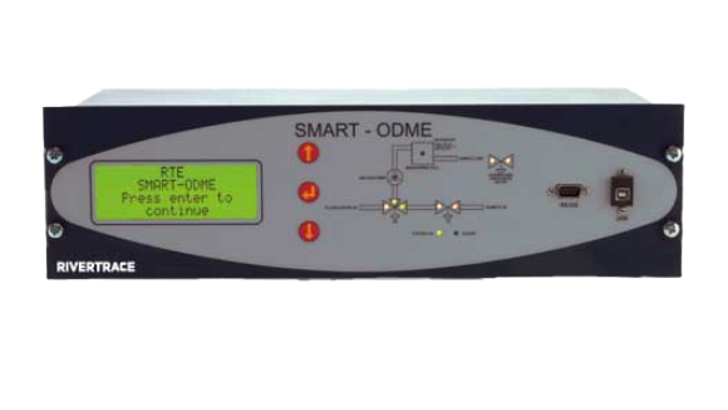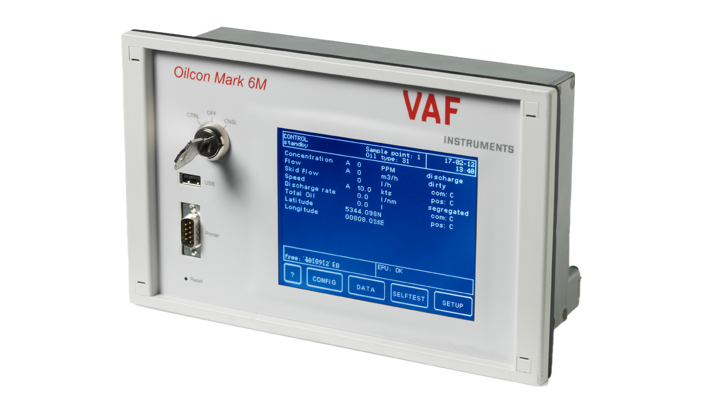ODME or Oil Discharge Monitoring Equipment is a regulatory requirement for ships and vessels. Since it is a required system we offer comprehensive installation, commissioning and training as well as a tailor made service program with preventive maintenance including spare parts handling, periodical on board service and remote support for all our products.

Emissions & ODME
Brannstrom CleanTrack 1000 B ODME
The Oil Discharge Monitoring System from Brannstrom, CleanTrack 1000 B, has been designed to provide means of monitoring, recording and controlling the ballast discharge in accordance with the requirements in Resolution MEPC.108(49) as amended by Resolution MEPC.240(65) and is also approved for Bio- fuel blends in accordance with MEPC.1/Circ.761 as revised.

Emissions & ODME
Smart ODME
The Smart ODME from Rivertrace is a system that monitor, record, and control the slop water and ballast discharge according to the requirements in the MEPC.108(49) for tankers.

Emissions & ODME
The Oilcon® Mark 6
The high-quality workmanship of VAF Instrument products has surely not been omitted in the Oilcon Mark 6M ODME from the Dutch manufacturer. Well built, sturdy and thoroughly thought out – and of course compliant with all the latest requirements for ODME stipulated by IMO.
No results found
Upholds all standards and regulations
The ODME systems from Insatech Marine are field tested and proven solutions that complies with current and future MARPOL’s MEPC requirements. The ODME is equipped with oil content meter, flow meter, GPS functionality, data logging and programming that ensures minimum of action from the operator and supervisor. We also offer comprehensive installation, commissioning and training and since the ODME is a required system, we offer a tailor made service program with preventive maintenance including spare parts handling, periodical on board service and remote support.
When down-time is not an option
Oil Discharge Monitoring Equipment (ODME) is a requirement made to safeguard the maritime environment – lack of compliance leads to immediate grounding resulting in heavy fines and delays. Avoid unnecessary costs – choose a reliable ODME supplier.
Sailing with an active ODME is required by regulations developed by IMO’s Marine Environments Protection Committee (MEPC) and adopted by most countries. The regulations have been developed and implemented as a result of the 70’ies heavy oil spills and contamination of the maritime environment.
As technology has evolved so have the regulations. Starting with a purely mechanical requirement and manual logging, it now stipulates automated monitoring of oil content. Furthermore the regulation requires spare parts, recommended by the manufacturer, have to be carried onboard, as well as control and logging of speed and data (2005).
The latest amendment to the regulations concerns bio fuel. From the 1st of January 2016, ships intending to – or carrying – bio fuel must have an ODME system certified to handle 5 different bio fuel blends. In the near future additional fuel mixtures may be added to the approval list. The regulation from MARPOL states, that no vessel carrying oil, oil-like substances or chemicals, may discharge more than the following limits, and only so if en route outside of special areas:
- 30 liters of oil per nautical mile
- An accumulated volume exceeding 1/30,000 of the total volume of previous journey’s cargo